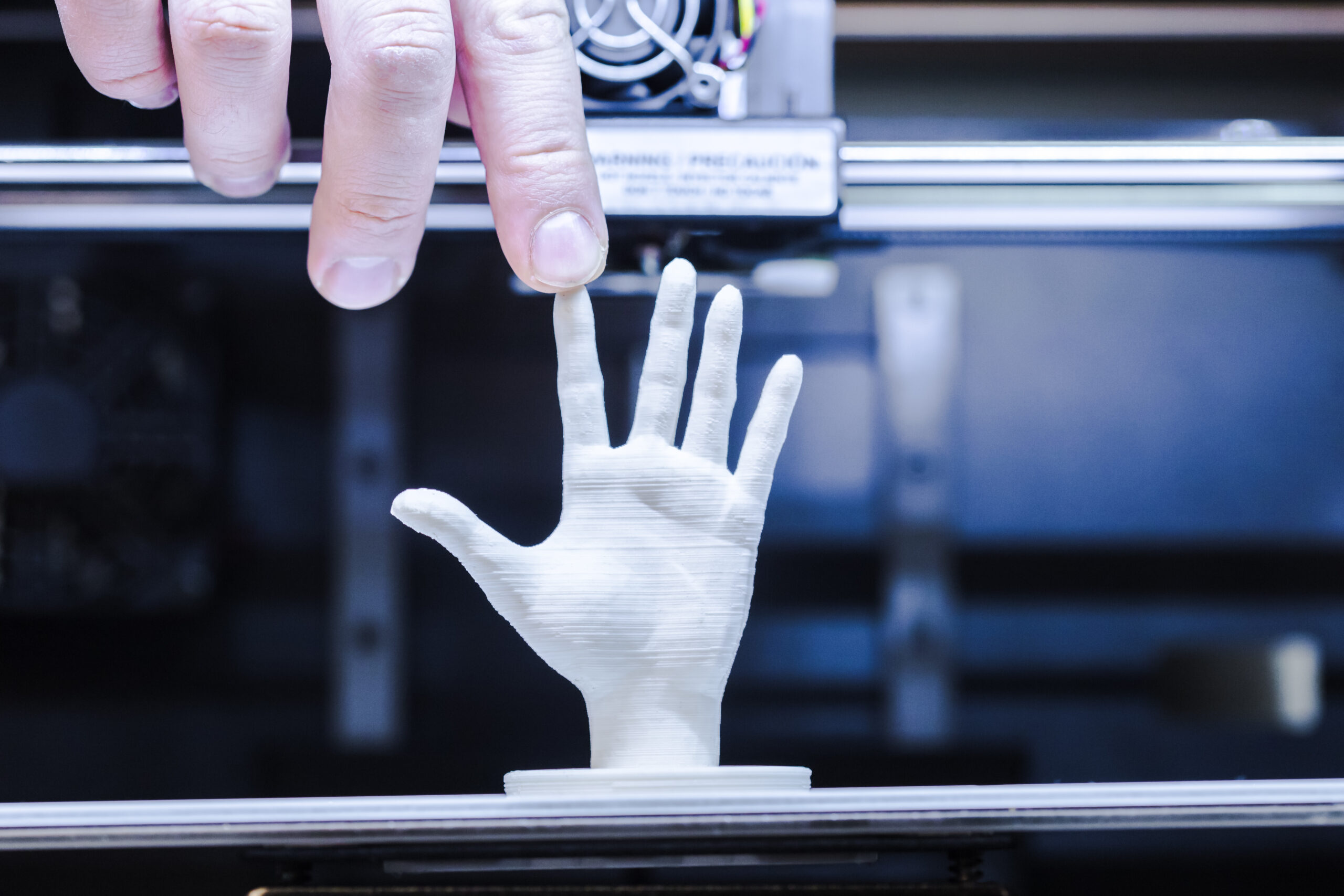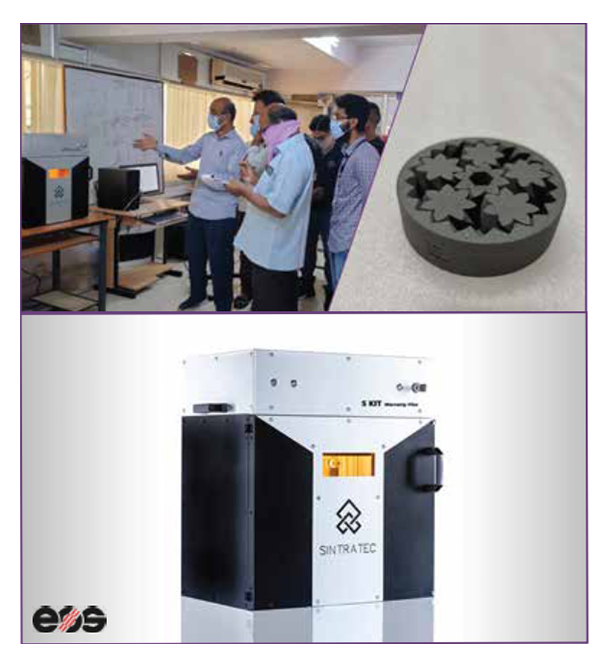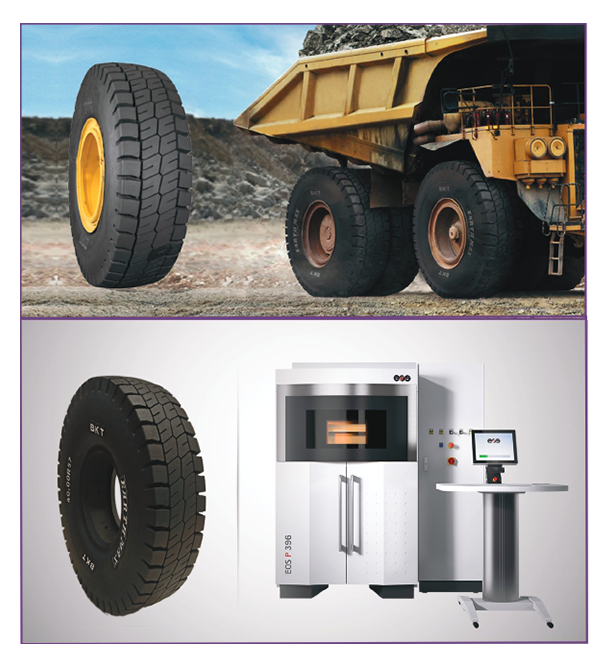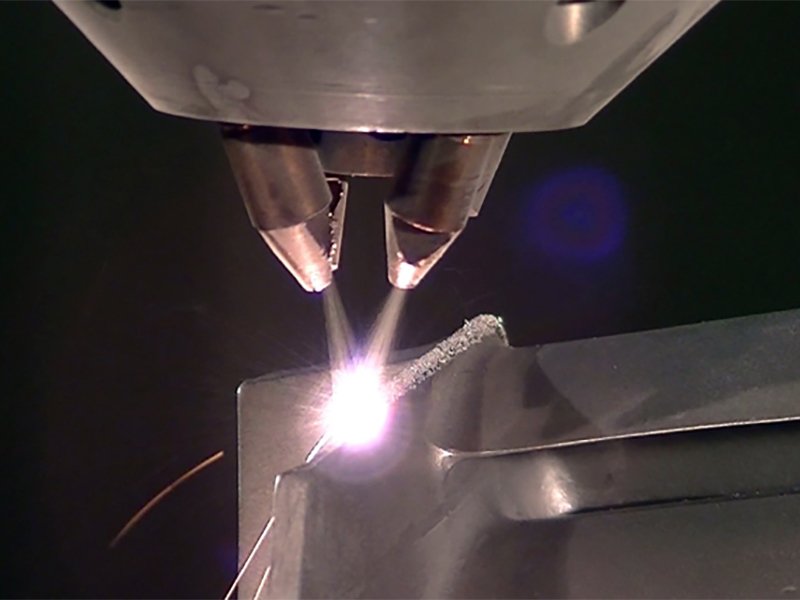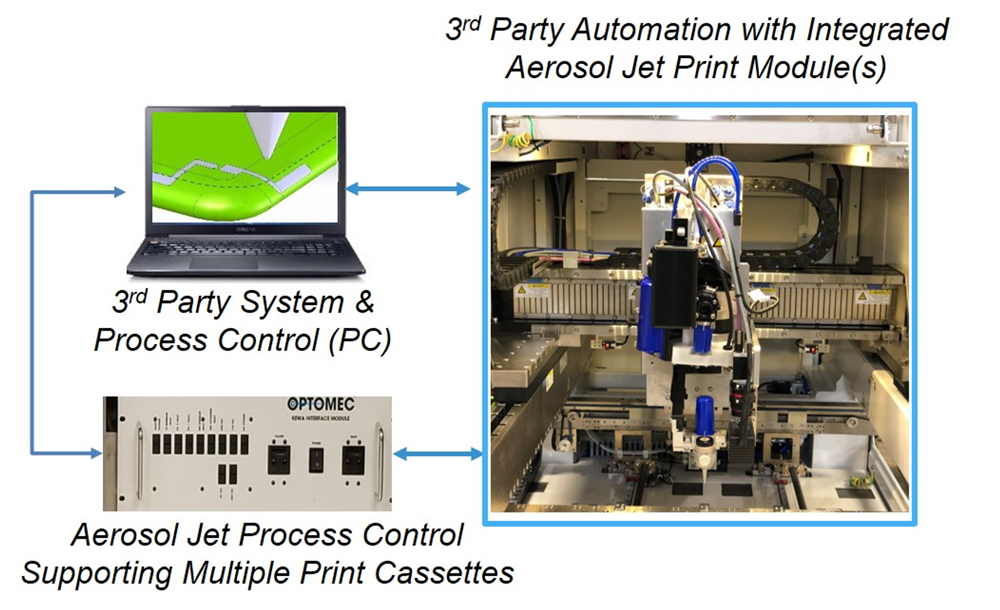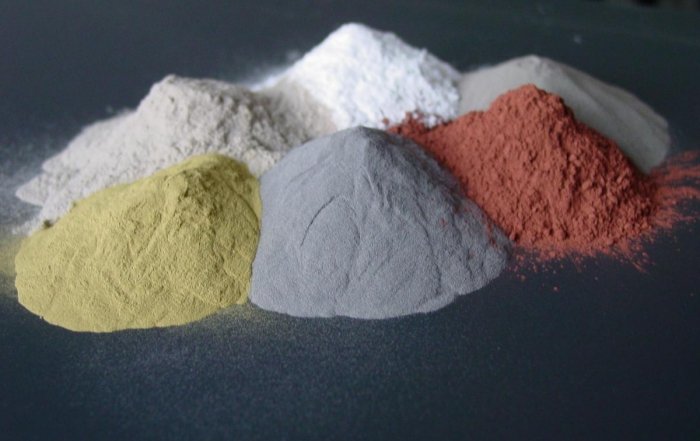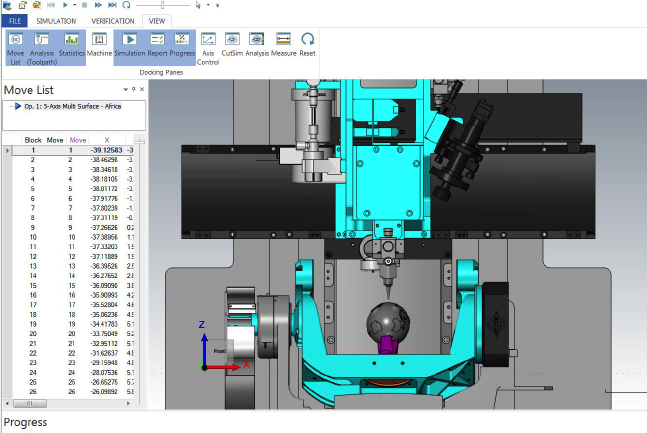Other Trends
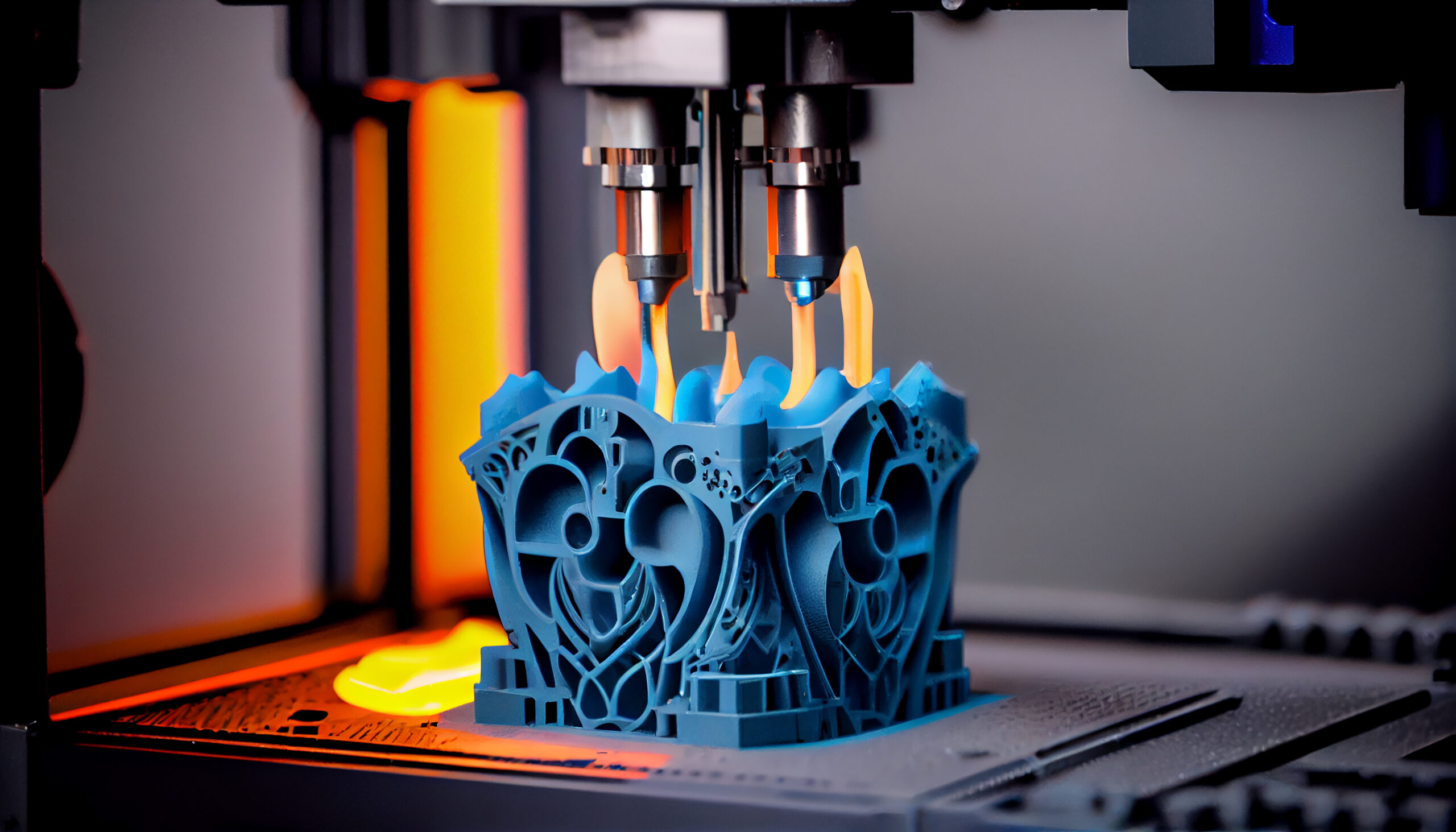
Hybrid Manufacturing
Implementing both Additive and Subtractive Metalworking on a Cost-Effective CNC Platform. Hybrid Metal Manufacturing holds significant potential for industrial manufacturers. This approach refers to the integration of metal additive manufacturing (AM) with traditional subtractive techniques, allowing both processes to operate on the same machine and even on the same part. Hybrid Manufacturing helps minimize the risks and costs involved in adopting metal AM technology, offering a more practical and gradual solution for industrial manufacturers.

Materials Discovery
LENS technology enables researchers to speed up R&D and quickly produce innovative materials with outstanding quality. VIEW WEBINAR Developing a new material using traditional methods can take decades. While simulation techniques have advanced, physical material samples still need to be created and tested. Conventional manufacturing methods are expensive, time-consuming, and typically allow for the evaluation of only one material chemistry at a time industrial applications.
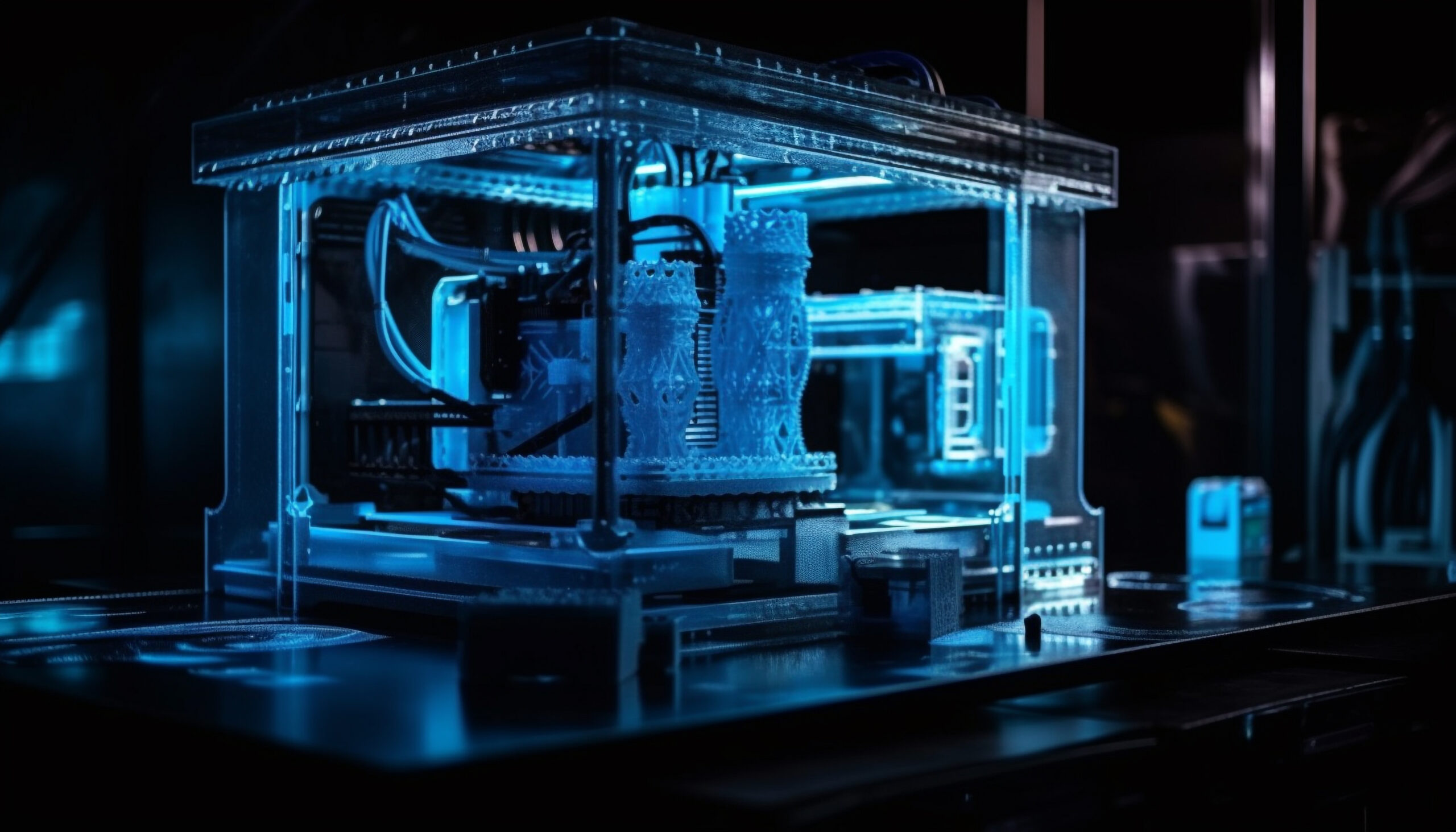
Internet Of Things
Optomec enables both consumer and industrial devices to become smart and connected through 3D printed sensors and antennas for Internet of Things (IoT) applications. With its high-volume production capabilities, Optomec can print conformal electronics like sensors and antennas onto various substrates, positioning the company as a crucial partner in advancing IoT technology. The Internet of Things (IoT) refers to the network of physical devices, or "things," that are equipped with the ability to sense, collect, analyse, and transmit data.

Alternative Energy
Aerosol Jet technology boosted the efficiency of silicon solar cells by 20%. ACCESS FRAUNHOFER REPORT Aerosol Jet deposition systems allow for the creation of higher-efficiency solar cells compared to traditional screen-printing methods. This technology enables the printing of fine-feature collector lines and bus-bar lines at room temperature, without the need for masks or stencils. Aerosol Jet is a Direct Write™ process that doesn't require contact, allowing photovoltaic materials to be deposited onto both flat and curved substrates.
